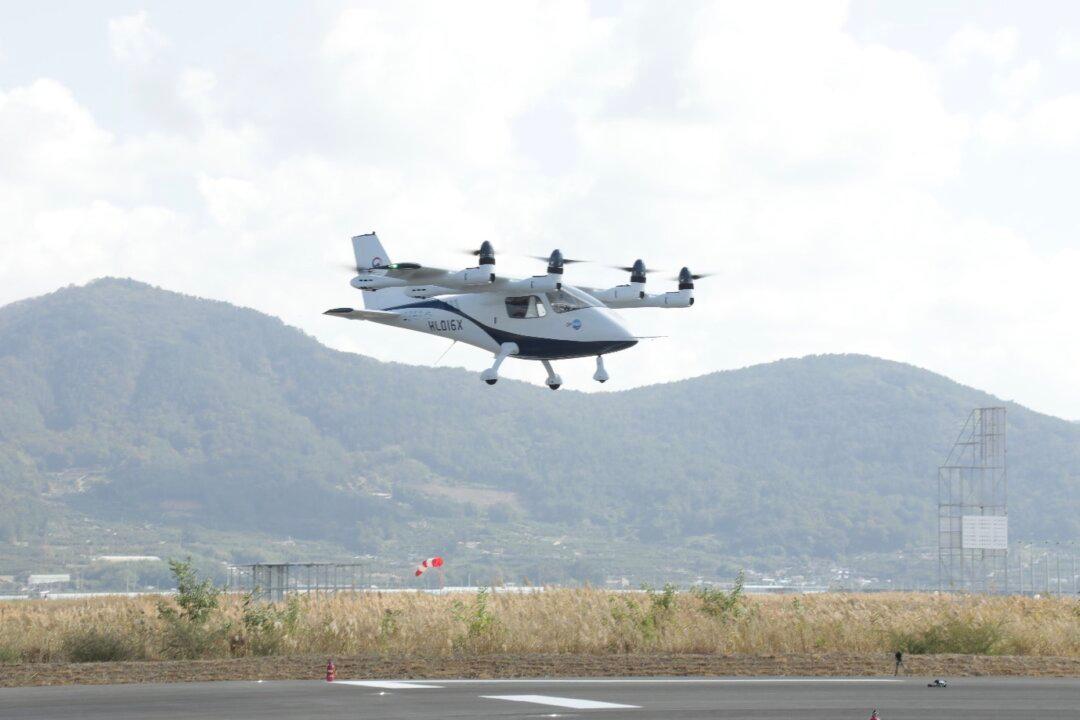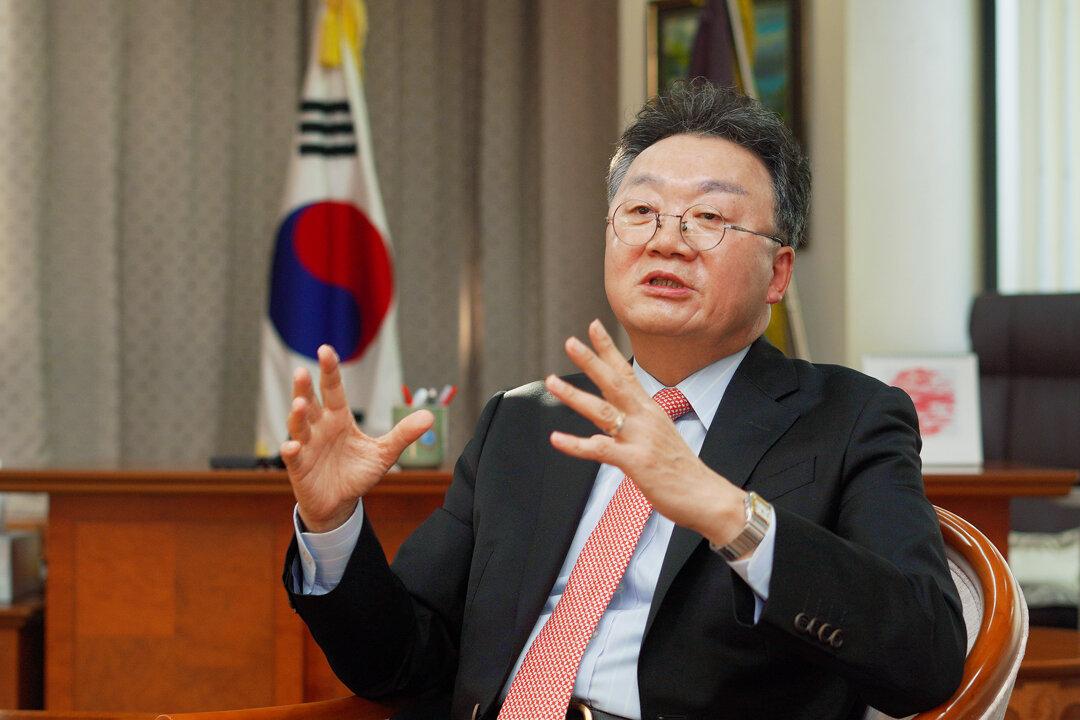An urban air mobility (UAM) system developed by South Korea is expected to reduce travel time significantly in urban areas once in operation.
On Nov. 3, a test flight event for the South Korean UAM (K-UAM) was held at its demonstration base in Goheung County of the Jeollanam-do Province, the southernmost province in mainland Korea.



